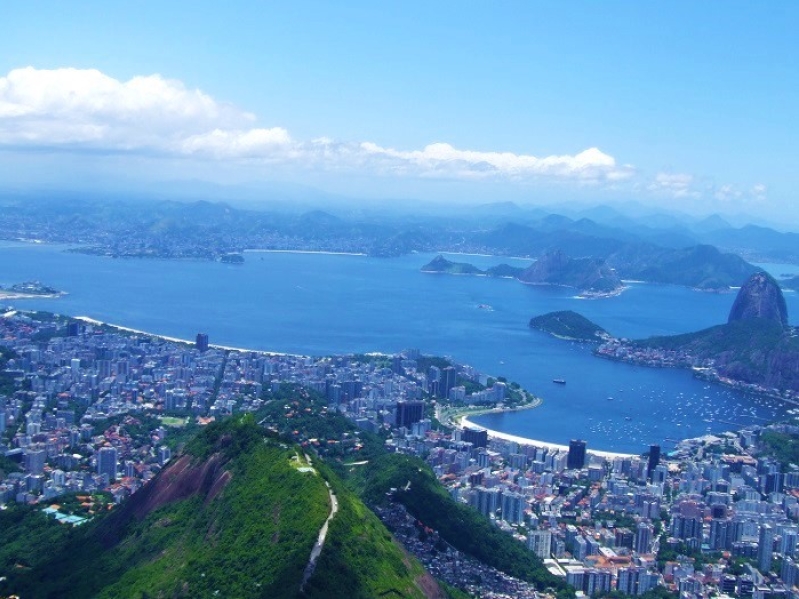
With just a few days before its official opening, the Summer Olympics in Rio has already faced a great deal of trouble, including the need for a “massive operation” to address a wide range of plumbing and electricity problems at the Athletes’ Village in Rio.
Amidst the country’s economic recession, the Zika outbreak and the increased crime rate in Rio state, the Australian team learned of Brazil’s latest concern after a building in the Athletes’ Village was deemed unsuitable to be used due to problems with plumbing and electricity.
While such concern has been resolved and the Australians have moved back in, other teams have now made complaints about the conditions in numerous apartments. For instance, the Argentine committee said its team had to rent other rooms nearby for some of their technical staff members because several floors of their building were uninhabitable.
The Belarus Olympic committee took to social media and posted photos of grimy windows and congested drain.
The Egyptian athletes had no access to hot water and their toilets had problems in flushing whereas the Kenyans wrote "Please fix my toilet" on one of the Olympic Village’s notice boards.
Rio 2016 is reportedly renting 3,604 apartments from Ilha Pura.
A team of 600 electricians and plumbers have already been gathered to repair such concerns.
“It is a massive operation and a massive undertaking to fix everything in such a way that we don’t disturb the athletes and we don’t compromise the security,” Mario Andrada, communications director for Rio 2016, said to The Washington Post.
On Wednesday, officials from the country’s Ministry of Work conducted an investigation on workers’ conditions and found an informal contract for the emergency team; no proper documents were presented.
Meanwhile, a Rio 2016 spokeswoman stated that organizers presented the necessary documentation to the ministry.
She also stated that Ilha Pura provided technical teams to aid in completing the work and its main goal was to provide athletes with “the best hospitality infrastructure.”
On the other hand, the Australian team carried out a “stress test” for the apartments by simultaneously turning on the toilets and faucets on a number of floors.
“The system failed. Water came down walls, there was a strong smell of gas in some apartments and there was 'shorting' in the electrical wiring,” delegation chief Kitty Chiller stated, adding that their building is “uninhabitable.”
According to Andrada, the apartments had already been turned over to the organizers in May but connections for water and electricity were settled one month after.
“The main cause for the delay was that water and electricity were connected too late,” the spokesman for Rio 2016 explained, adding that they lacked time to monitor the complex before being turned over to the national Olympic committees.
Aside from the Olympic Village accommodations, athletes were also cautioned about the contamination of Rio’s aquatic sites.
Government and Olympic officials have acknowledged that there have been insufficient efforts to address sewage and garbage problems in Guanabara Bay and the city’s beaches, thereby prompting caution from health experts.
Pediatrician Daniel Becker already warned the competitors of the increased risks of developing illnesses and health conditions from microorganisms and toxins in the water. As such, health experts have advised the athletes to keep their mouths shut.
Sailing and windsurfing events at this year’s Olympics are set to be carried out in Guanabara Bay.
For the full event schedule, including dates and time, visit the 2016 Rio Olympics office website here.






